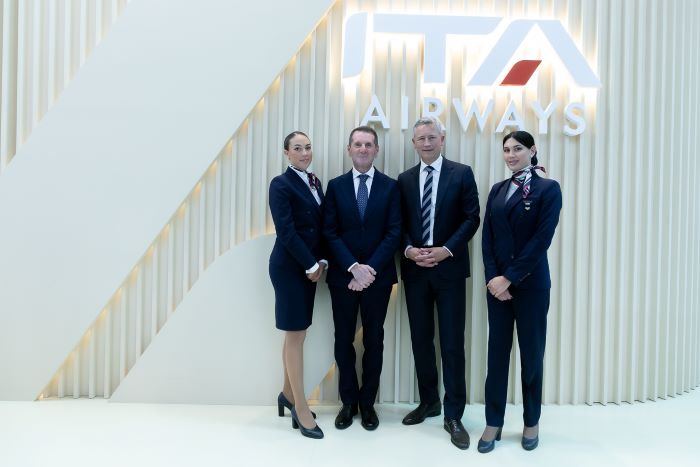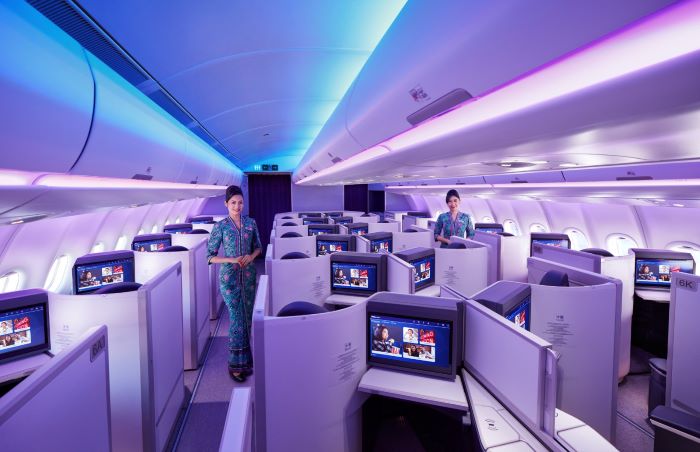In a year of working-from-home and video calls, new research conducted by Collinson demonstrates the importance of business travel recovery. It finds that every four in five frequent travellers’ jobs has been impacted by the lack of cross-border business travel.
New research by Collinson, a leader in traveller experiences and medical assistance, has found that four in five business travellers have seen their job affected by a lack of cross-border business travel, and a third of respondents stated that not seeing clients face-to-face has negatively affected the way they do business. It is commonly thought that business travel recovery will be slower than that of leisure travel, due to businesses continuing to function during the pandemic without travel. As per global statistics, a third of business travellers are stating that the lack of travel has made their company less productive, while 38% of Indian respondents are saying that they have felt unable to do their job effectively.These new findingsdemonstrate the economic importance of cross-border business travel.
The survey results – which compare data collected from a total of 18,500 travellers in late 2019 (pre-pandemic) with data collected from 12,607 travellers in late 2020 (during the pandemic), demonstrate that while the majority of business meetings are now conducted via video call, there is a growing need and desire amongst a large number of business travellers to recommence travel.
From a business perspective, this has been the year of the Zoom call, with 93% of Indian business travellers affected by a lack of cross-border business travel (much higher than the global average of 81%), with 42% saying not seeing their clients and prospects face-to-face has negatively impacted the way they do business. About 40% also said not being able to travel for business had made their organisation less productive, while 38% said they’d lost deals because of it.It is clear that travel restrictions have impacted business travellers’ roles significantly. However, as businesses consider restarting cross-border business travel, the challenge remains in making sure employees don’t feel it comes at a cost to their health and wellbeing.
Post-pandemic, corporate wellbeing initiatives will be high on the agenda of companies globally. Employees that need to travel for work should be able to do so with confidence, knowing that their company is providing them full support. More than half (51%) of business travellers interviewed in our pre-COVID survey said their employer expected them to prioritise keeping the cost of travel low over their wellbeing. Add to this that only half of business traveller’s pre-pandemic knew their employer had invested in some form of travel risk management (TRM) programme to assist them on the road, some 51% of those weren’t sure what it meant or entailed. Of those who knew this was available to them, only a fifth felt confident using the services in the event of something going wrong abroad. Getting business travel back on the road is going to require a strong focus on ensuring that employees’ wellbeing is prioritised and that there is not just adequate support in place, but that employees clearly understand what is available.
Priyanka Lakhani, Commercial Director (Middle East &Africa) and Director South Asia, Collinson says,“Like most of the world, our research shows that respondents from India are quite concerned with their physical, mental and emotional wellbeing when travelling. In today’s current environment, where business meetings are taking place over Zoom calls, many people have claimed that not seeing their clients and prospects face-to-face has negatively impacted the way they do business.
Despite this acknowledgement of the value of business travel, employees are wary of getting on the move without the right physical space and hygiene protocols. Travellers want assurances on social distancing measures, spaces to sit and relax in, and have hand sanitisers throughout the airport, for instance – and it’s important that companies are aware of and responding to their travelling employees’ expectations, while meeting Duty of Care requirements. Supporting responsible businesses with their TRM requirements – particularly in light of the soon to publish travel risk management Standard ISO 31030 – and continuing to help implement safe and robust testing protocols remains a key focus of ours to help get business travellers in the sky again.”
Some key findings
More than four in five (81%) business travellers have, despite video conferencing technology, seen their job negatively impacted by the lack of cross-border business travel
93% of Indian business travellers have been affected by a lack of cross-border travel, while 40%say it’s made their business less productive
42% Indian respondents say not seeing their clients and prospects face-to-face has negatively impacted the way they do business
Globally, one third of respondents said not being able to travel for business had made their company less productive, with 38%Indian respondents admitting they felt unable to do their job effectively as a result.
 TravTalk India Online Magazine
TravTalk India Online Magazine





